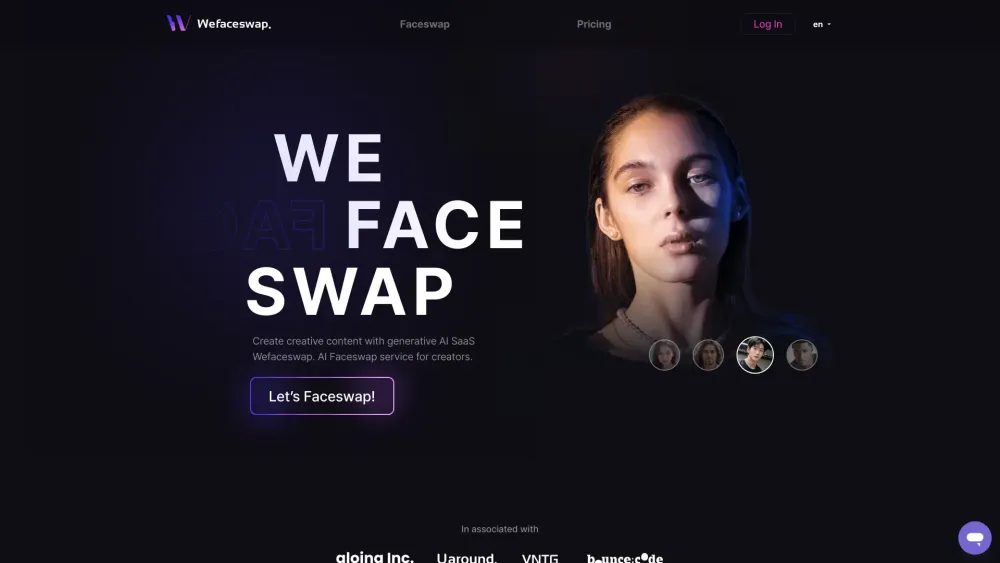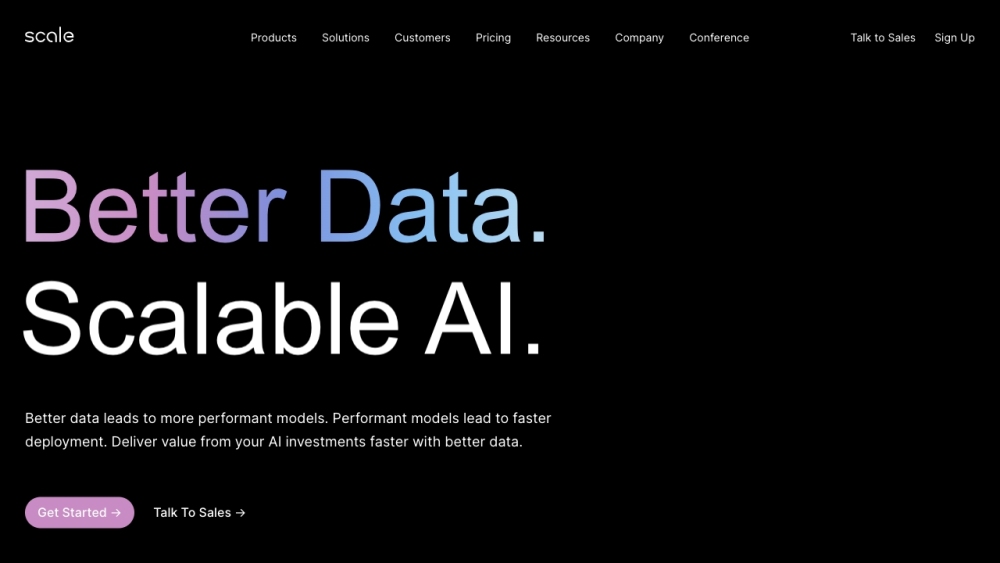USPTO Declares AI Cannot Legally Be Recognized as an Inventor
Most people like

Revolutionize your communications with an AI-powered IP phone featuring advanced conversation analytics. Enhance your business interactions by leveraging cutting-edge technology that transforms calls into actionable insights.

Experience seamless faceswapping in the cloud! Discover how our cutting-edge technology allows you to transform images effortlessly, enhancing your creative projects with just a few clicks.

Imagine bringing your dream companion to life with the power of artificial intelligence. A personalized AI girlfriend can not only engage you in meaningful conversations but also adapt to your interests and preferences, making each interaction unique. In this guide, we’ll explore how to design your perfect AI girlfriend, tailored to fulfill your desires and enhance your daily life. Get ready to embark on a journey towards creating a relationship that’s entirely your own.
Find AI tools in YBX
Related Articles
Refresh Articles

